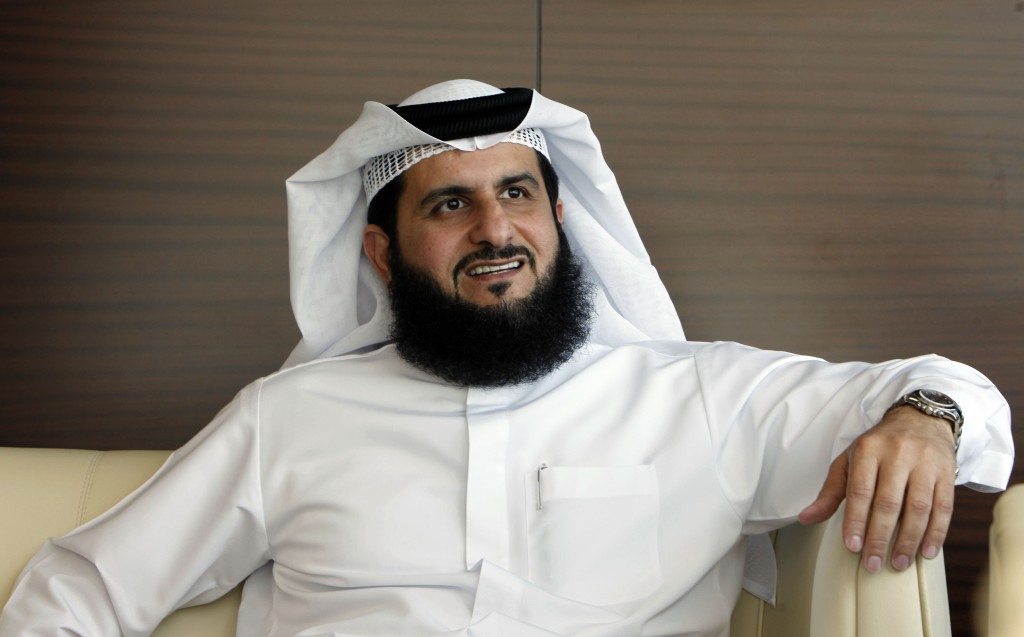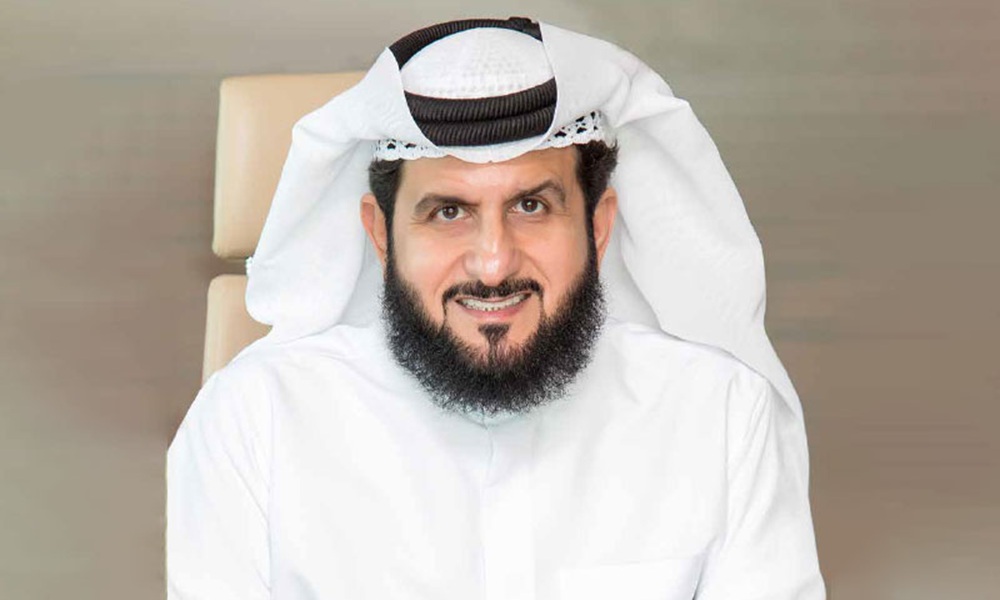When Jamal Lootah first began advocating for facilities management (FM) in the UAE nearly twenty years ago, few people grasped its true significance. To many, it was just another word for maintenance. But to Lootah, it was the foundation of long-term asset value and the strategic key to preserving the buildings and infrastructure transforming the Gulf’s skyline.
“It takes a long time to convince people how important facility management is,” he recalls. “When we started in 2007, people thought it was just maintenance. I said, no…. maintenance is just to do the job and go. Facility management is how to maintain and plan for your assets to make money and protect them.”
From Maintenance to Management
Changing mindsets was the first challenge. Lootah, who would go on to become founder and president of the Middle East Facility Management Association (MEFMA), spent years explaining why FM was an investment, not an expense.
“When we talked about facility management, people said maintenance,” he smiles. “But facility management is much more. Once people heard the money argument — that it protects and extends asset value — things started to change. Not like before, but it’s improving.”
Established in 2009, MEFMA became the region’s first dedicated platform for FM professionals; promoting training, policy frameworks and best practice across the Middle East.
“It’s not easy to raise awareness,” he admits. “We’re talking about a region that needs policies, procedures and rules. MEFMA has completed almost 15 or 16 years now doing that work: through training, courses and events. We enjoy it because we work with people who believe in facility management.”
Regional Vision, Regional Standards
Lootah was determined from the start that MEFMA should be a regional institution, not a national one.
“Anything that happens in Dubai spreads to the whole Middle East,” he says. “That’s why we called it the Middle East Facility Management Association from the start. What happens here will happen across the region.”
He notes that MEFMA’s work now stretches from the Gulf to North Africa: “For example, we’re conducting courses in Egypt related to facility management. Anywhere you see cranes and construction, you will see facility management, that’s why we are lucky.”
Just as crucially, MEFMA sought to develop regional standards, rather than simply importing European frameworks.
“Of course there are standards like ISO,” says Lootah, “but we said from the beginning: let’s start developing standards for here, practices for here. We need that. Look how many beautiful towers we have in Dubai, how do we maintain and protect Burj Khalifa? That’s facility management.”
He points out that older towers, too, require renewed focus.
“Many towers now need more care and training for the people who maintain them. The difference between old Dubai and new Dubai is huge. Now we are moving to Dubai South, near the new airport; we must be ready, with people who can maintain these mega projects.”
Technology, Training and Tenacity
Lootah’s optimism is tempered by realism. Technology, he says, has dramatically accelerated the pace of change but not everyone keeps up.
“Time goes very fast,” he says. “Technology is taking us from here to here within one day. Before, it took months to get the information you need, now you can get it in a second. But who is ready to use it?”
For him, readiness comes down to training and investment.
“Technology is there, but who is willing to understand and spend money for courses? You can learn how to use technology, but how much do you utilise it? In the end, companies must invest in their people. Without professionals who understand technology, it will be difficult.”
AI and the Data-Driven Future
Lootah views artificial intelligence (AI) and data analytics as opportunities, not threats.
“AI is an opportunity, of course,” he insists. “It depends on how smart you are in using it to help your business. Are you ready to invest money now to get the benefit after five or ten years?”
He stresses that the human element remains central: “At the end of the day, it’s a combination between the end user, the developers, the government; all the stakeholders. Each one needs something different, and FM must understand how to exceed their expectations. This is not easy.”
Asked what the industry must prepare for next, Lootah is direct: “It’s data. The data you have in your company will help you improve. How much information you have; that’s the secret. You must know what’s happening in the market, what technology exists, and you must train and invest in your people. Some stop investing in their people, but that’s a mistake. The market is open for everyone, but you have to be in front. Sometimes it’s difficult and risky, but you have to be there.”
As FM companies diversify, focus and strategy become more critical than ever.
“You cannot do everything at one time,” says Lootah. “Are you a soft-service company? Hard-service? Infrastructure? Government or private? The strategic department in any FM company will help its growth. Based on your three- or five-year plan, you build yourself where you want to go.”
Having recently moved from Imdaad to Cleanco Group, where he now serves as Group CEO, Lootah sees the benefits and challenges of multi-service organisations.
“The combination of services in a company helps it grow — environment, facility management, infrastructure — but it’s difficult to manage. You need strong management and loyal staff to be with you.”
The Power of Collaboration
For Lootah, MEFMA’s success comes from bridging public and private sectors.
“MEFMA is the voice of the people who believe in facility management,” he says. “We are the centre point between the government, the private sector and the end users. We conduct courses, events and awareness to show how important facility management is.”
Government support has been instrumental, he adds:
“When we need help from the government, they are the first to support us fully for any event or conference. We are lucky to live in a country that supports development and the private sector.”
He also notes that the reigonal’s FM sector often sets standards that exceed those in Europe.
“These are private-sector companies that maybe came out of government, but they have standards that are sometimes way beyond Europe. We are proud to say it.”
No End in Sight
As the conversation draws to a close, Lootah smiles when asked what keeps him motivated after so many years.
“Construction might take ten years, but there’s an end,” he says. “With facility management, there is no end. You have to maintain your asset to get more and more from it.”
He pauses before adding: “We are lucky and we are enjoying what we’re doing. We believe in facility management because it is the future for any construction.”
MEFMA Milestones
2009 – MEFMA established to advance FM standards and education across the Middle East.
2012 – First regional conference and training programmes held in Dubai.
2016 – MEFMA Certification launched to formalise FM professional training.
2020–2025 – Expansion of courses and partnerships across GCC and North Africa.
Today – MEFMA recognised as the regional voice connecting government, private sector and FM professionals.

